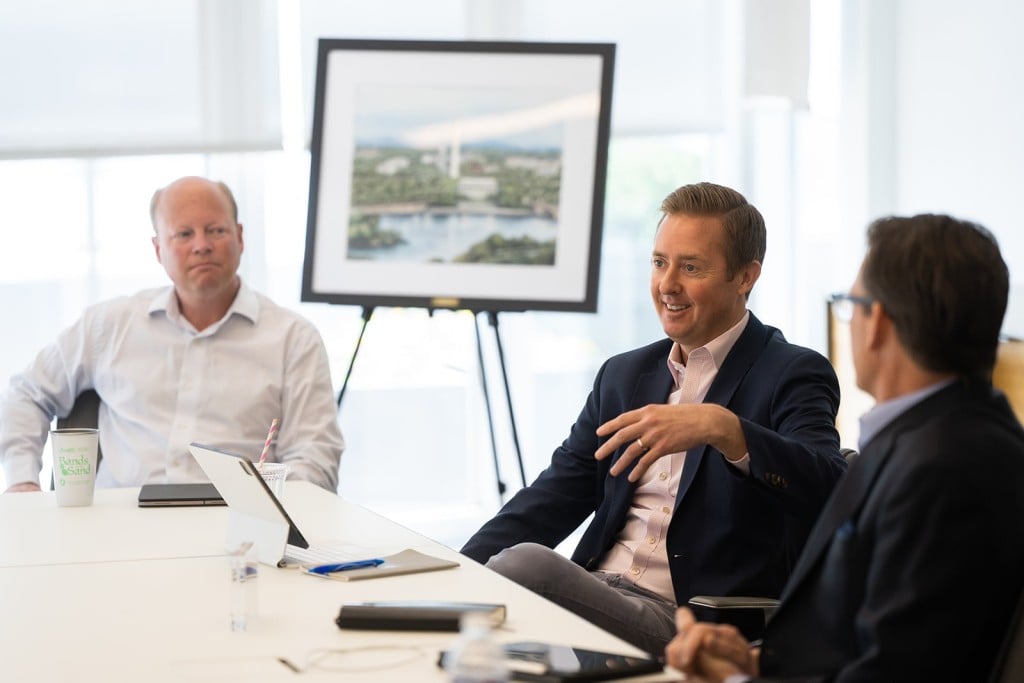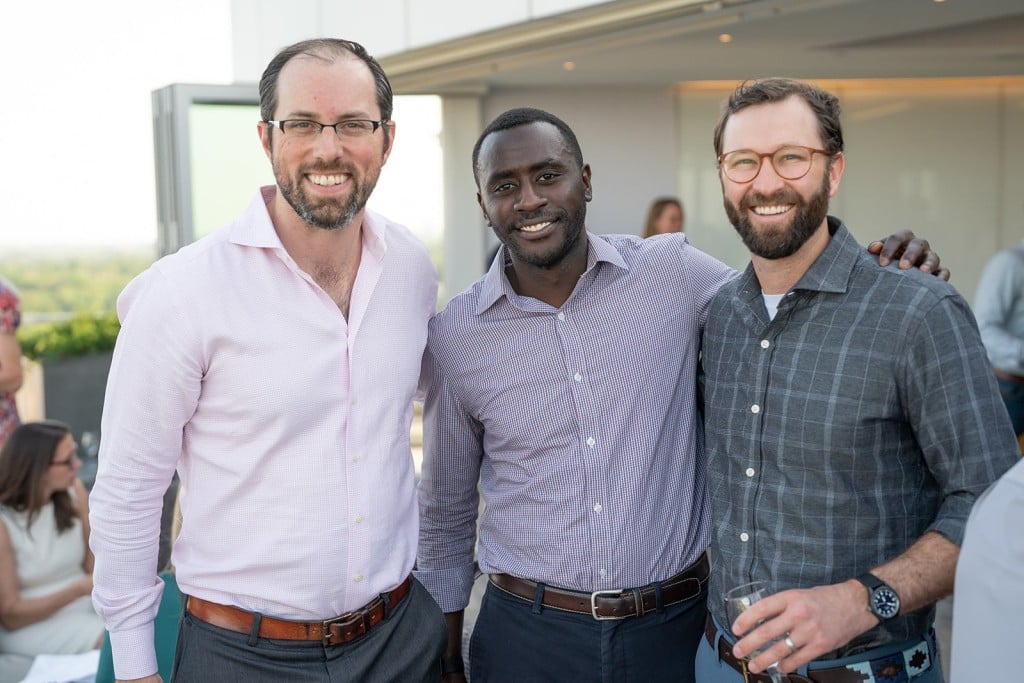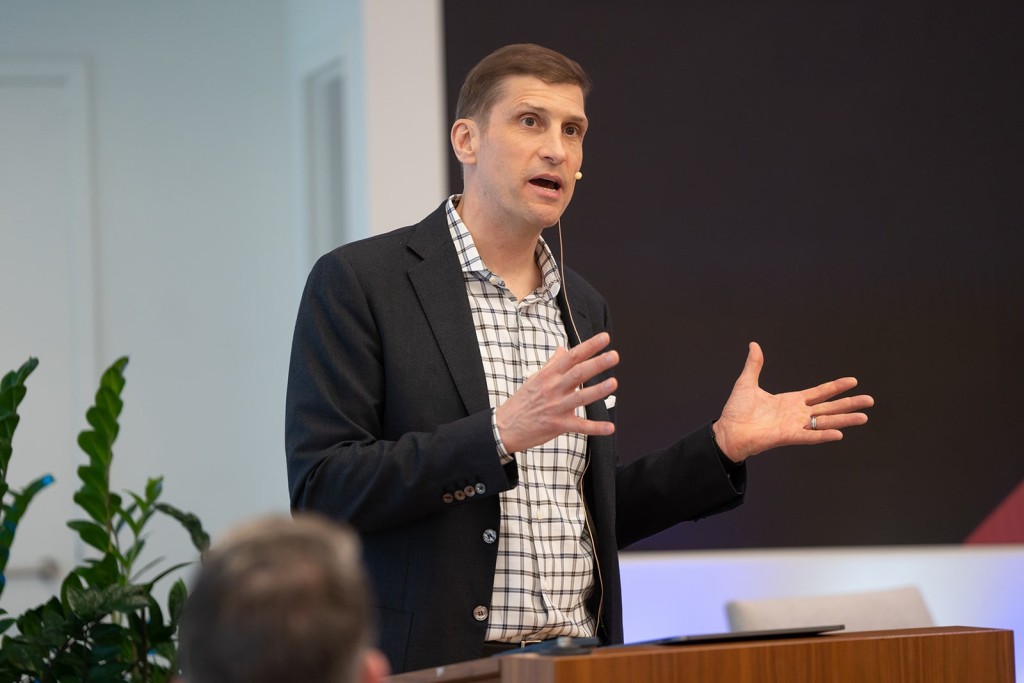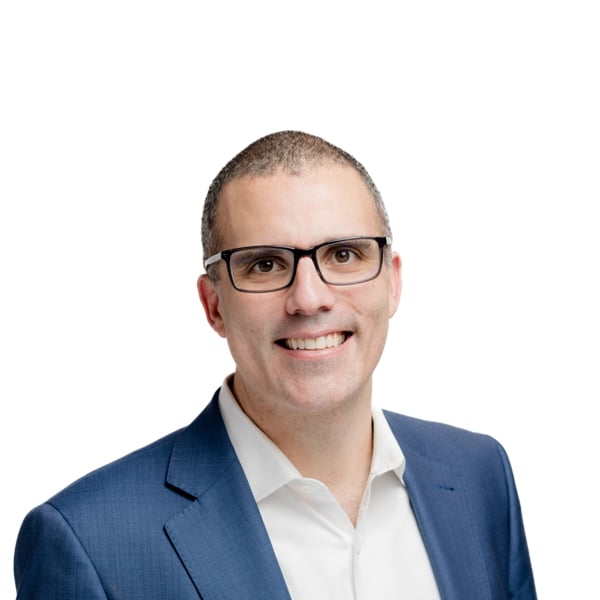Contributors
Related Articles
Selective active managers should still be able to find value in emerging markets by looking beyond the MSCI Emerging Markets Index.
Emerging market equity allocations are typically used to add growth and diversification to a balanced portfolio. However, given the poor performance of the asset class over the past decade, clients and prospective clients have begun revisiting those assumptions and asking us to make the case for investing in emerging markets on a go-forward basis.
Emerging market (EM) equities, as measured by the MSCI Emerging Markets Index, have outperformed developed market (DM) equities, as measured by the MSCI World Index, over the long run but have significantly lagged over the past five years. During this period, EM equities experienced deeper and more frequent drawdowns while at the same time exhibiting high correlations with DM equities.
While some active managers have seen their EM strategies outperform the MSCI EM Index, it’s their low absolute returns relative to developed market equities that have led some investors to question if an allocation to emerging markets is still worthwhile.
As we see it, EM as an asset class is not broken, but the index measuring its performance may be.
Emerging Markets Pressured by Idiosyncratic Headwinds
Over the past five years, several headwinds put pressure on EM equities. Looking ahead, we’re optimistic that those pressures, ranging from a strong U.S. dollar to Chinese equities’ drag on returns, will decrease and that significant growth drivers have the potential to propel select emerging markets equities and our Emerging Markets Growth strategy to generate attractive returns.
For context, the returns of the MSCI EM Index have been poor over the last five- and 10-year periods ended December 31, 2023, returning an annualized 4.1 percent and 3.1 percent, respectively. This performance contrasts with that of the MSCI World Index, which delivered 13.4 percent and 9.2 percent returns for the same five- and 10-year periods.
While our Emerging Markets Growth strategy outperformed over the last five- and 10-year periods versus the MSCI EM Index (through December 31, 2023), the strategy was not immune to the asset class headwinds and their impact on its absolute results.
EMs Have Outpaced DMs Over the Long Run, But The Past Years Have Been a Different Story
Most of the MSCI EM’s underperformance relative to the MSCI World can be attributed to the following factors that, in our view, are less likely to be headwinds going forward:
- China accounted for roughly half of the underperformance. Valuations and earnings expectations are now much lower.
- Currency (namely, U.S. dollar strength) was another headwind. We expect the U.S. dollar pressure to ease amid expectations that the U.S. Federal Reserve will begin to guide interest rates lower. Lower U.S. rates have historically provided an attractive backdrop for EM equities.
- Russia accounted for roughly 1 percentage point of the annualized underperformance. Following its invasion of Ukraine, the country is no longer an MSCI constituent.
Beyond these factors, U.S. stocks were an outsized driver of the MSCI World Index returns, further widening the gap between EM and DM equity performance. Not having U.S. companies hurt the MSCI EM relative to the MSCI World.
Key Sources of EM Underperformance vs. DM Underperformance
The Index is a Poor Reflection of the Opportunity Set
Estimated Total EM Equity Universe (# Companies)
These shortcomings of the index aren’t news to active managers, which have had a strong track record of exploiting them. In fact, the median active manager’s strategies have outperformed the MSCI EM over the trailing three-, five-, and 10-year periods ended December 31, 2023—a result far different from what we’ve observed in the U.S. equity market.
EM Growth Drivers are Abundant
We cannot predict when absolute returns will improve for the asset class. We can, however, envision the secular trends that should have beneficial effects. In our view, some of the most enduring investment opportunities can arise from companies that are well positioned at the intersection of underlying change and/or innovation.
Change Creates Opportunity
Expected Changes in GDP Ratings
These secular changes include a large, growing middle class of consumers in India in particular, digital transformation and artificial intelligence, reshoring of supply chains, retail formalization and increased banking penetration, electrification of and decarbonization of industries. They can underpin durable, above-average earnings growth potential for a select group of leading businesses that are strong fits with our six investment criteria. While earnings growth may or may not matter for stocks in the near term, it remains the primary determinant of long-term value creation.
1The MSCI classification framework is based on an assessment of three dimensions: 1. economic development, 2. size and liquidity of equity markets, 3. market accessibility for foreign investors.
Disclosures:

The investment results are those of the Emerging Markets Growth Composite as of 1/31/24. Periods greater than one year are annualized. The investment results shown are net of advisory fees and expenses and reflect the reinvestment of dividends and any other earnings. Net of fee performance was calculated by reducing Emerging Markets Growth Composite’s monthly gross return by 1/12 of the highest applicable annual fee of 1.25% for the period from January 1, 2013, to March 31, 2019. Beginning on April 1, 2019, the highest applicable annual fee was lowered, and net of fee returns were calculated by reducing the composite’s monthly gross return by 1/12 of the highest applicable annual fee of 0.85%. GIPS Reports found here.
Past performance is not indicative of future results. All investments are subject to market risk, including the possible loss of principal. International investments can be riskier than US investments due to the adverse effects of currency exchange rates, differences in market structure and liquidity, as well as specific country, regional and economic developments. Investments in emerging markets are subject to abrupt and severe price declines. The economic and political structures of developing nations, in most cases, do not compare favorably with the U.S. or other developed countries in terms of wealth and stability, and their financial markets often lack liquidity. Because of this concentration in rapidly developing economies in a limited geographic area, the strategy involves a high degree of risk. In addition, the strategy is concentrated in a limited number of holdings. As a result, poor performance by a single large holding of the strategy would adversely affect its performance more than if the strategy were invested in a larger number of companies. The strategy’s growth investing style may become out of favor, which may result in periods of underperformance. Differences in account size, timing of transactions and market conditions prevailing at the time of investment may lead to different results, and clients may lose money.
A company’s fundamentals or earnings growth is no guarantee that its share price will increase. Forward earnings projections are not predictors of stock price or investment performance, and do not represent past performance. Characteristics, sector exposure and holdings information are subject to change, and should not be considered as recommendations.
The specific securities identified and described do not represent all of the securities purchased, sold, or recommended for advisory clients. There is no assurance that any securities discussed will remain in the portfolio or that securities sold have not been repurchased. You should not assume that any investment is or will be profitable. Upon request, a complete list of securities purchased and sold will be provided.
The views expressed are the opinion of Sands Capital and are not intended as a forecast, a guarantee of future results, investment recommendations, or an offer to buy or sell any securities. The views expressed were current as of the date indicated and are subject to change. This material may contain forward-looking statements, which are subject to uncertainty and contingencies outside of Sands Capital’s control. Readers should not place undue reliance upon these forward-looking statements. There is no guarantee that Sands Capital will meet its stated goals. There is no guarantee that owning securities of companies meeting the six criteria will cause the portfolio to outperform its benchmark or index.
Information contained herein may be based on, or derived from, information provided by third parties. The accuracy of such information has not been independently verified and cannot be guaranteed. The information in this document speaks as of the date of this document or such earlier date as set out herein or as the context may require and may be subject to updating, completion, revision, and amendment. There will be no obligation to update any of the information or correct any inaccuracies contained herein.
The MSCI Emerging Markets Index captures large and mid-cap representation across 24 Emerging Markets (EM) countries. The MSCI Emerging Markets Growth Index captures large and mid-cap securities exhibiting overall growth style characteristics across 24 Emerging Markets (EM) countries. The MSCI Emerging Markets Value Index captures large and mid-cap securities exhibiting overall growth style characteristics across 24 Emerging Markets (EM) countries. EM countries include: Brazil, Chile, China, Colombia, Czech Republic, Egypt, Greece, Hungary, India, Indonesia, Korea, Kuwait, Malaysia, Mexico, Peru, Philippines, Poland, Qatar, Saudi Arabia, South Africa, Taiwan, Thailand, Turkey and United Arab Emirates.
The MSCI World Index captures large and mid-cap representation across 23 developed markets countries. With 1,480 constituents, the index covers approximately 85 percent of the free float-adjusted market capitalization in each country.
References to “we,” “us,” “our,” and “Sands Capital” refer collectively to Sands Capital Management, LLC, which provides investment advisory services with respect to Sands Capital’s public market investment strategies, and Sands Capital Ventures, LLC, which provides investment advisory services with respect to Sands Capital’s private market investment strategies, which are available only to qualified investors. As the context requires, the term “Sands Capital” may refer to such entities individually or collectively. As of October 1, 2021, Sands Capital was redefined to be the combination of Sands Capital Management, LLC and Sands Capital Ventures. Both firms are registered investment advisers with the United States Securities and Exchange Commission in accordance with the Investment Advisers Act of 1940. The two registered investment advisers are combined to be one firm and are doing business as Sands Capital. Sands Capital operates as a distinct business organization, retains discretion over the assets between the two registered investment advisers, and has autonomy over the total investment decision-making process.
This material is for informational purposes only and does not constitute an offer, invitation, or recommendation to buy, sell, subscribe for, or issue any securities. The material is based on information that we consider correct, and any estimates, opinions, conclusions, or recommendations contained in this communication are reasonably held or made at the time of compilation. However, no warranty is made as to the accuracy or reliability of any estimates, opinions, conclusions, or recommendations. It should not be construed as investment, legal, or tax advice and may not be reproduced or distributed to any person.
In the United Kingdom, this communication is issued by Sands Capital Advisors – UK Ltd (“Sands UK”) and approved by Robert Quinn Advisory LLP, which is authorised and regulated by the UK Financial Conduct Authority (“FCA”). Sands UK is an Appointed Representative of Robert Quinn Advisory LLP. This material constitutes a financial promotion for the purposes of the Financial Services and Markets Act 2000 (the “Act”) and the handbook of rules and guidance issued from time to time by the FCA (the “FCA Rules”). This material is for information purposes only and does not constitute an offer to subscribe for or purchase of any financial instrument. Sands UK neither provides investment advice to, nor receives and transmits orders from, persons to whom this material is communicated, nor does it carry on any other activities with or for such persons that constitute “MiFID or equivalent third country business” for the purposes of the FCA Rules. All information provided is not warranted as to completeness or accuracy and is subject to change without notice. This communication and any investment or service to which this material may relate is exclusively intended for persons who are Professional Clients or Eligible Counterparties for the purposes of the FCA Rules and other persons should not act or rely on it. This communication is not intended for use by any person or entity in any jurisdiction or country where such distribution or use would be contrary to local law or regulation.













